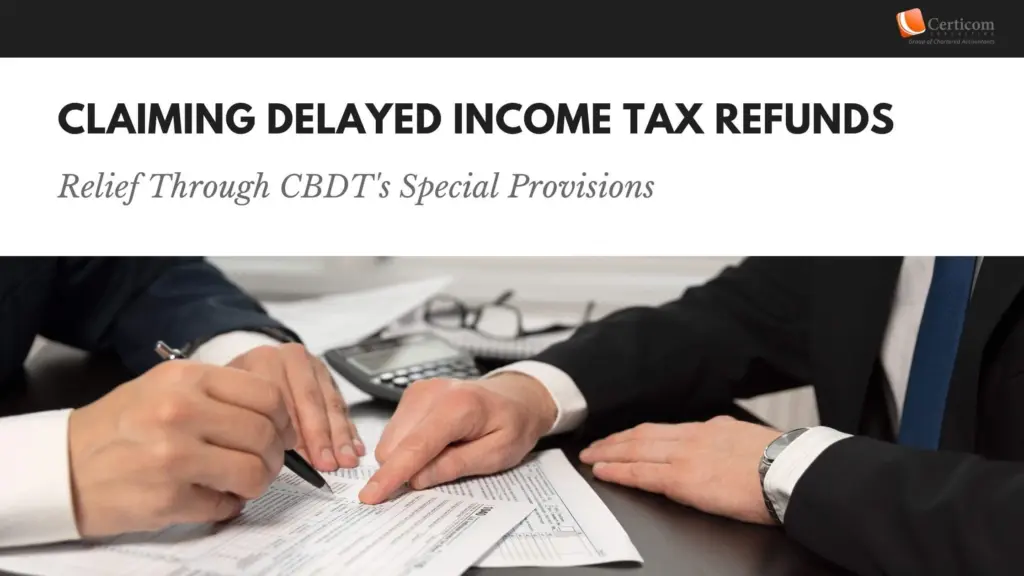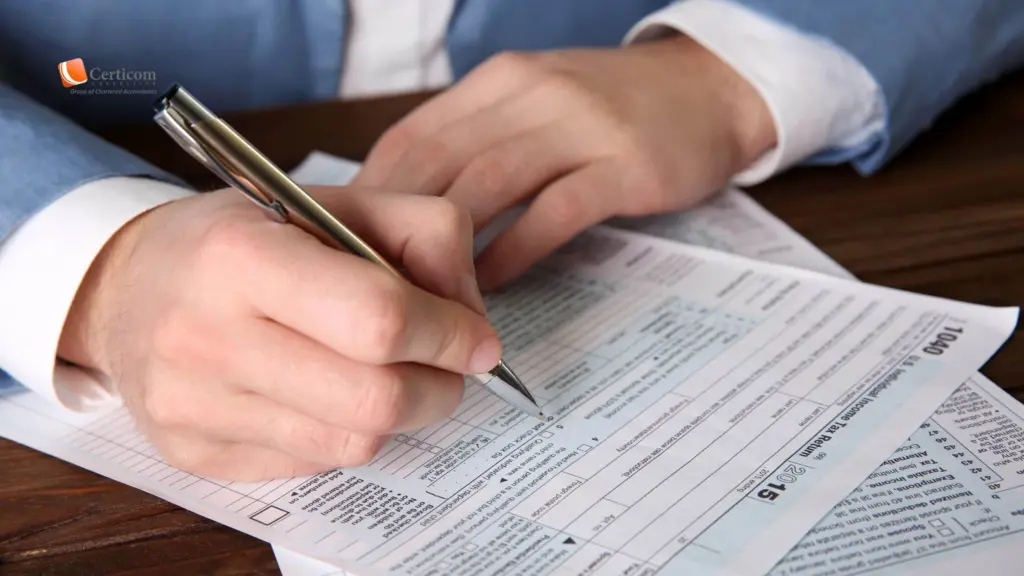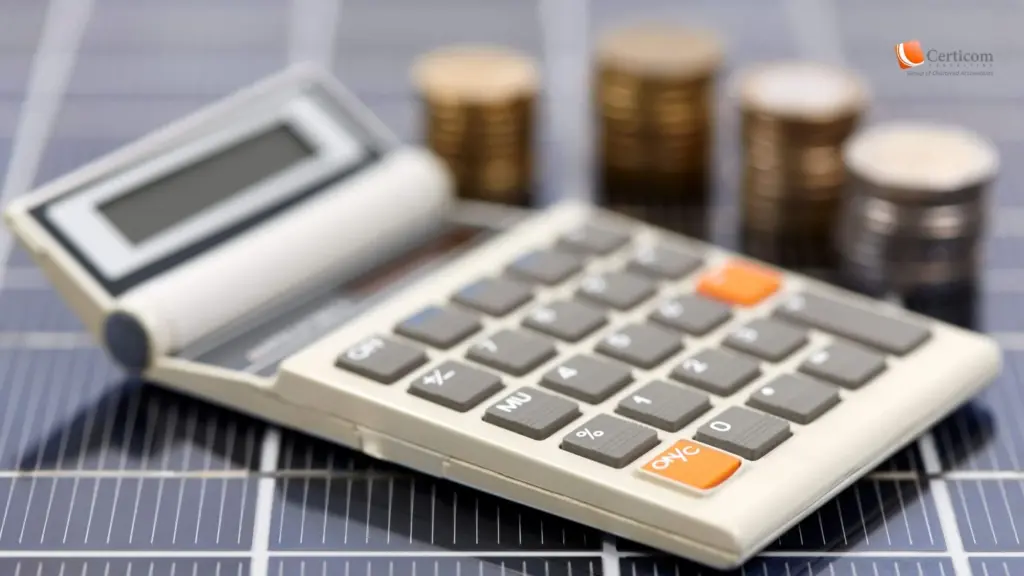Claiming Delayed Income Tax Refunds: Relief Through CBDT's Special Provisions

Taxpayers often find themselves in situations where they have paid income tax in excess of their actual liability—either through Tax Deducted at Source (TDS), Tax Collected at Source (TCS), or advance tax. In such cases, a refund can be claimed, provided the return of income is filed within the time limits specified under Section 139 of the Income Tax Act, 1961. This applies even when the taxpayer’s total income falls below the basic exemption limit.
But what happens when a refund claim is delayed beyond the permissible time? Fortunately, the Income Tax Act, through Section 119(2)(b), empowers the Central Board of Direct Taxes (CBDT) to condone such delays and allow refund claims under certain conditions.
Understanding Section 119(2)(b): A Relief Mechanism
Section 119(2)(b) enables the CBDT to issue special or general orders to allow income tax authorities to admit delayed applications for exemptions, deductions, refunds, or any other relief—even after the expiry of statutory time limits. This provision is a safeguard for genuine taxpayers who, due to circumstances beyond their control, miss the due dates.
The CBDT has issued various circulars to operationalize this relief, most notably Circular No. 9/2015, which has been amended from 1st June 2023 to revise the monetary thresholds for refund claims.

Revised Authorities for Delayed Refund Claims (w.e.f. 1st June 2023)
| Refund Amount | Authority to Approve Delay |
|---|---|
| Up to ₹50 lakhs | Commissioner/Principal Commissioner of Income Tax (CIT/PCIT) |
| ₹50 lakhs – ₹2 crore | Chief Commissioner of Income Tax (CCIT) |
| ₹2 crore – ₹3 crore | Principal Chief Commissioner of Income Tax (PCCIT) |
| Above ₹3 crore | Central Board of Direct Taxes (CBDT) |
Eligibility Conditions for Delayed Refund Claims
As per the CBDT circulars, the following conditions must be met for claiming a delayed refund:
Reason for Refund: The claim must be due to excess TDS, TCS, or advance tax payment.
Time Limitation: The claim is allowed for only the last six assessment years.
No Interest on Refund: Interest under Section 244A will not be granted on delayed refunds allowed under condonation.
Verification and Assessment: The concerned tax officer will verify the genuineness of the claim and may issue an assessment order if required.
Processing Timeline: Once the condonation application is admitted, the process is expected to be completed within six months.
Important: File Return Even If Income is Below Taxable Limit
Many taxpayers mistakenly assume that if their income is below the taxable threshold, they do not need to file a return. However, this can result in losing the opportunity to claim a refund.
Example: Suppose an individual earns only ₹2,00,000 as interest income during the year, and the bank deducts TDS of ₹20,000. Though the income is below the basic exemption limit, the taxpayer must file the return within the due date under Section 139 to claim the refund.
Due Dates for Filing Return of Income (From AY 2022-23 Onwards)
| Category of Assessee | Due Date |
|---|---|
| Companies, persons requiring audit, and partners/spouses under Section 5A | 31st October |
| All other assessees | 31st July |
Note: If the due date is extended by CBDT, the extended date is applicable.

Set-Off of Refund Against Outstanding Demand – Section 245
Section 245 allows the Income Tax Department to adjust refunds against existing tax demands. However, the law is clear that:
Refunds can be withheld up to 60 days only if assessment or reassessment proceedings are pending, and with prior approval from the CIT/PCIT.
Future or anticipated tax liabilities cannot be a reason to withhold a due refund.
Any refund amount not adjusted must be issued to the taxpayer promptly.
While timely filing of income tax returns remains critical for claiming refunds, the CBDT’s power under Section 119(2)(b) offers relief in genuine cases of delay. Taxpayers who have inadvertently missed the deadline but are eligible for a refund due to excess TDS, TCS, or advance tax can apply for condonation and still receive their rightful amount—albeit without interest.
If you believe you’re eligible for a delayed refund, consult your tax advisor or approach the appropriate authority as per your refund amount. Being proactive can help recover significant amounts that may otherwise go unclaimed.
Related Post
Income Tax Benefits for Senior Citizens: What You Can Claim in AY 2025-26
Claiming Input Tax Credit (ITC) under GST: Essential Documents and Compliance Checklist
Book A One To One Consultation Now For FREE
How can we help? *




